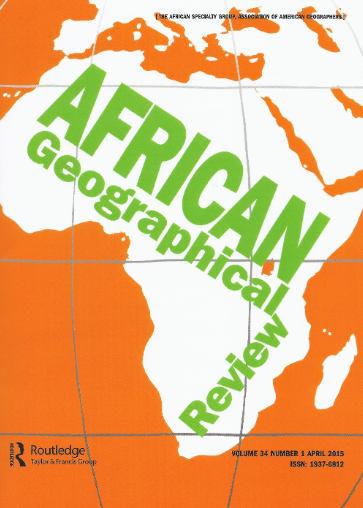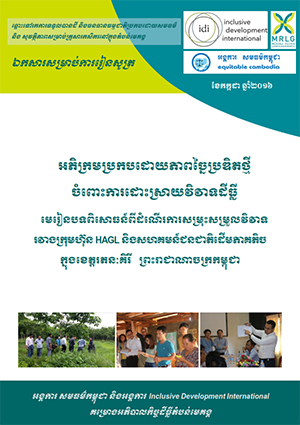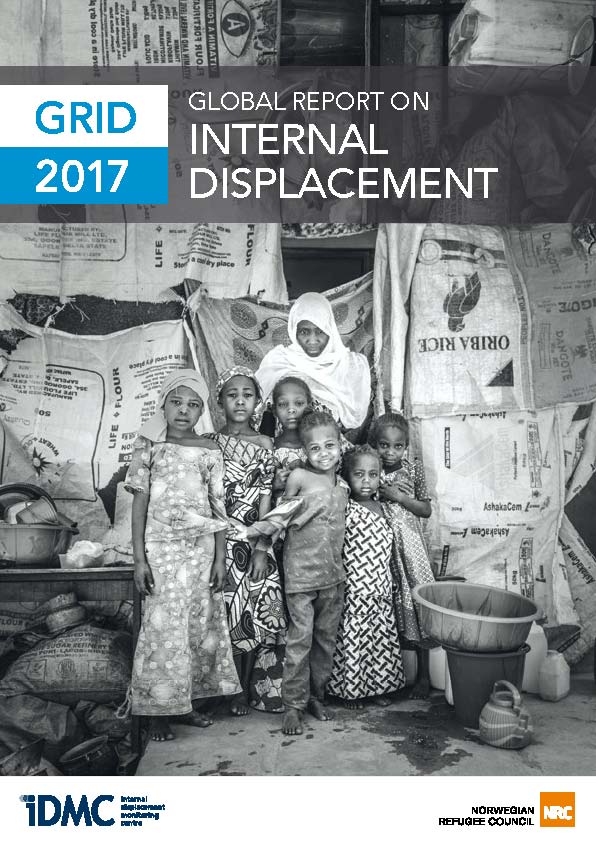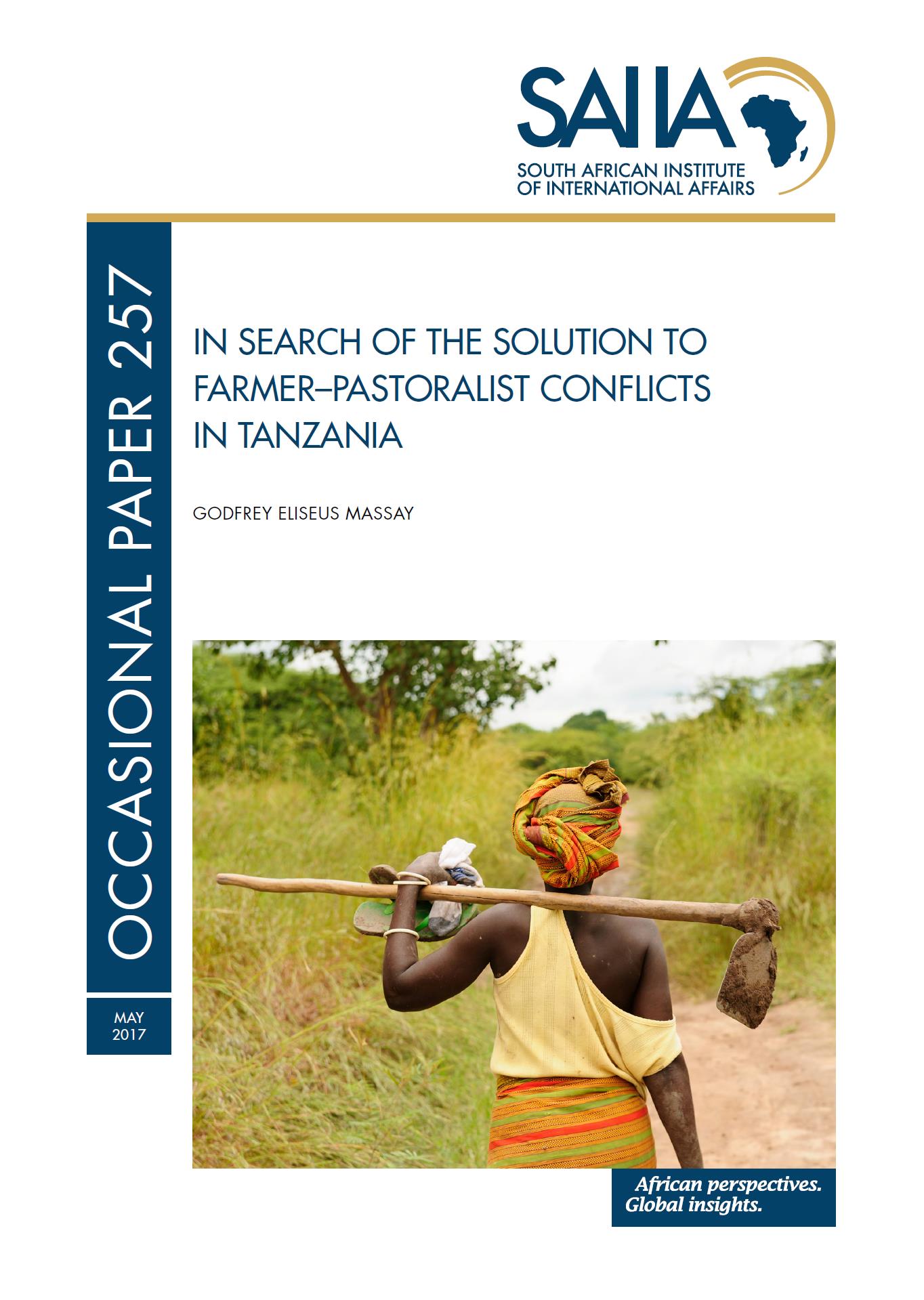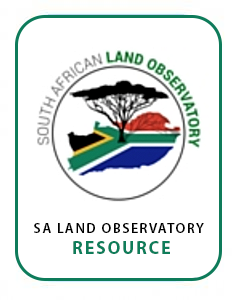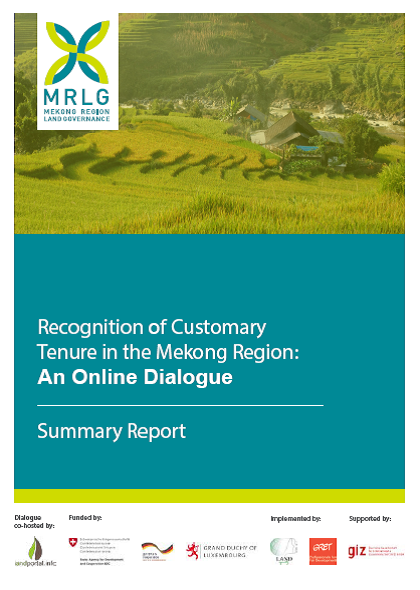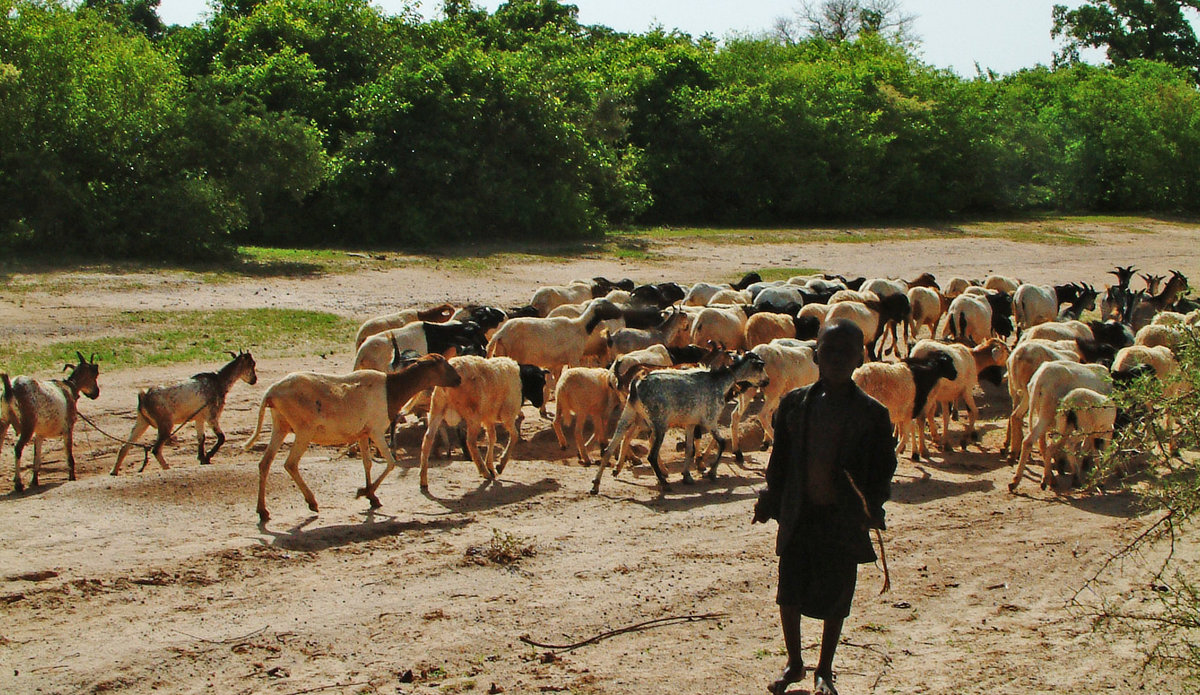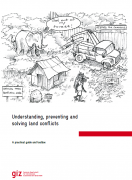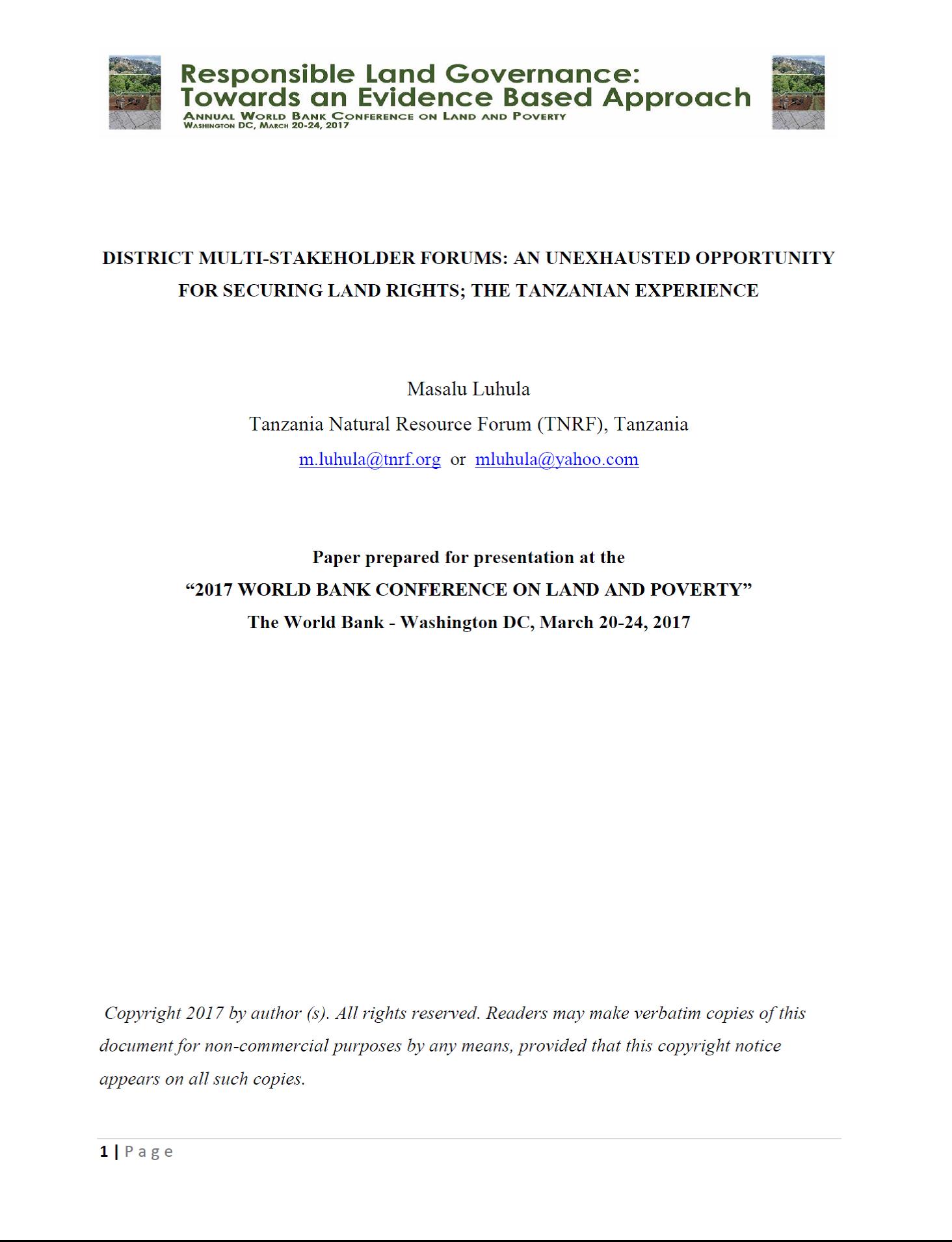Enclosure, dispossession, and the green economy: new contours of internal displacement in Liberia and Sierra Leone?
Through a review of recent writings in political ecology and agrarian studies, this paper appraises the potential for emerging forms of ‘green economy’ initiatives to catalyze new forms of internal displacement in West Africa, with specific emphasis on the postwar contexts of Liberia and Sierra Leone.

